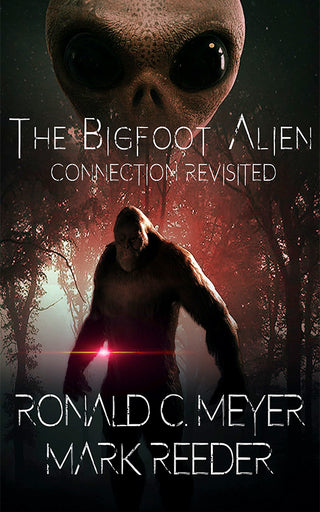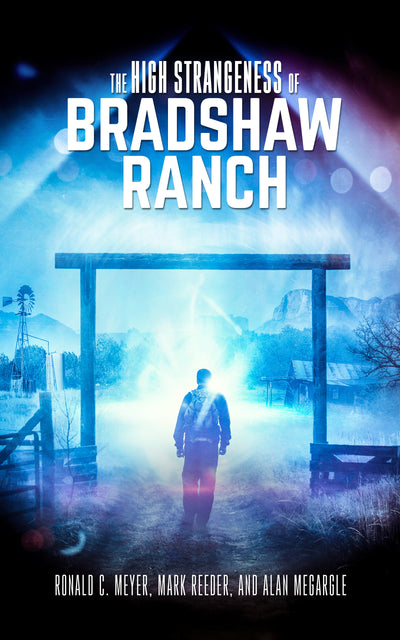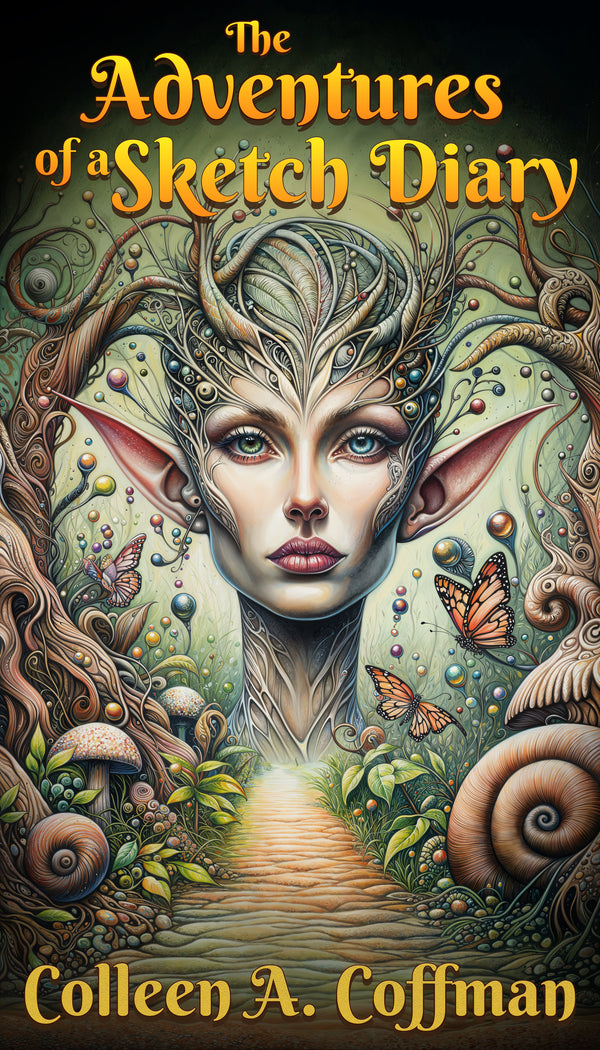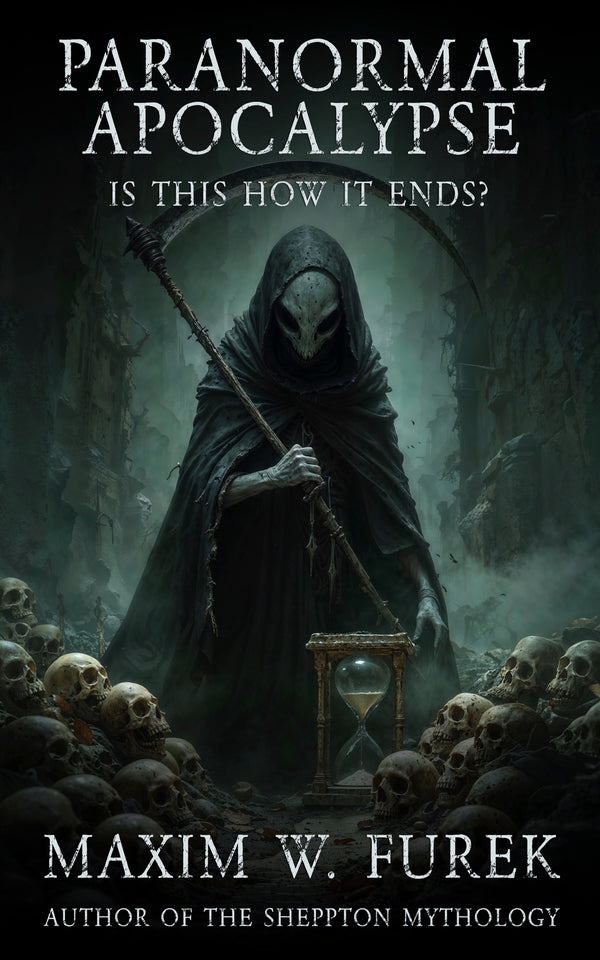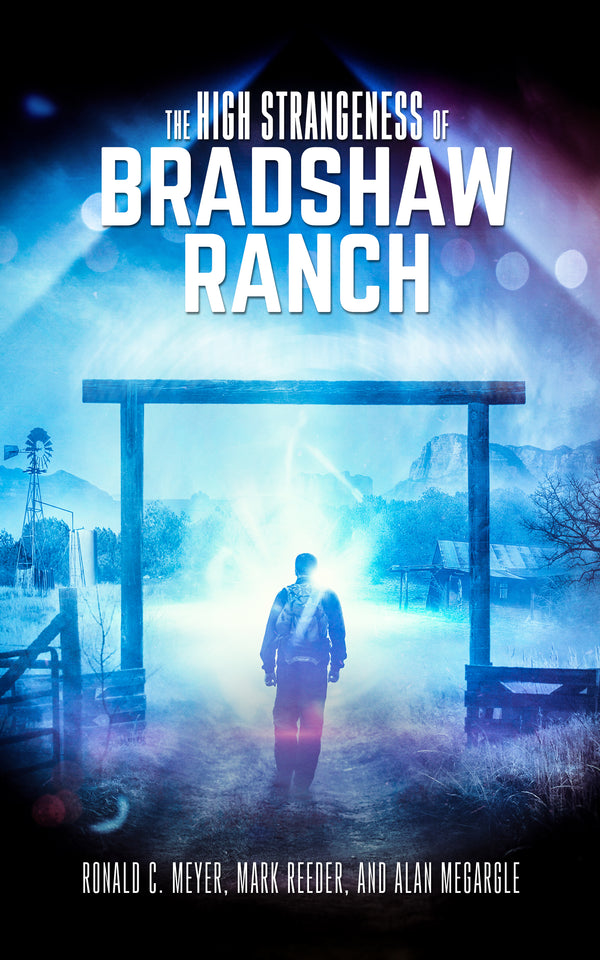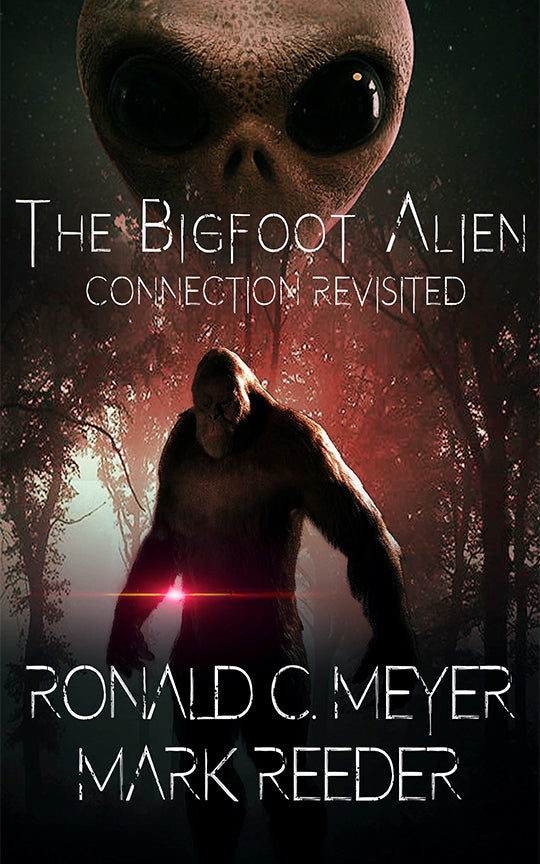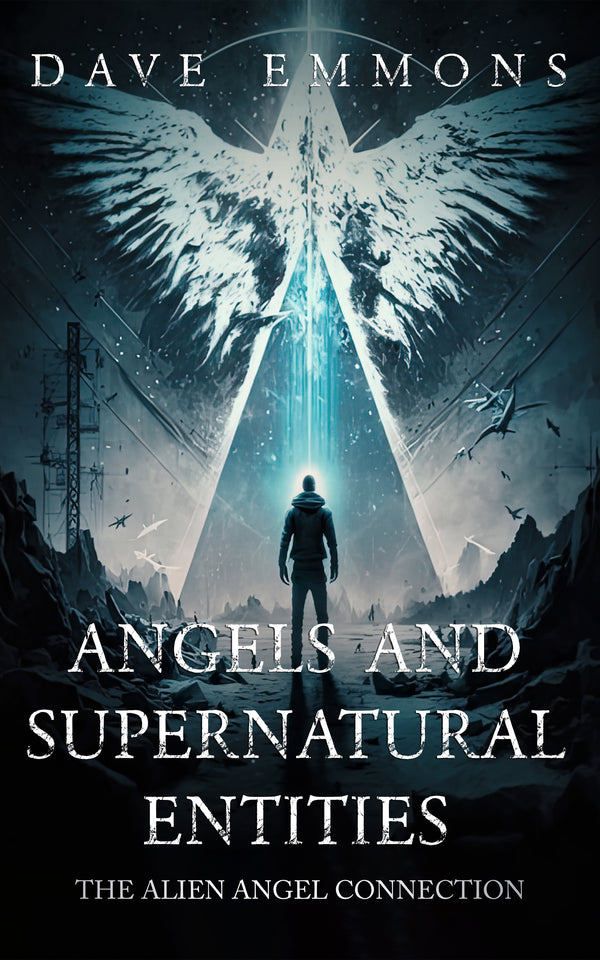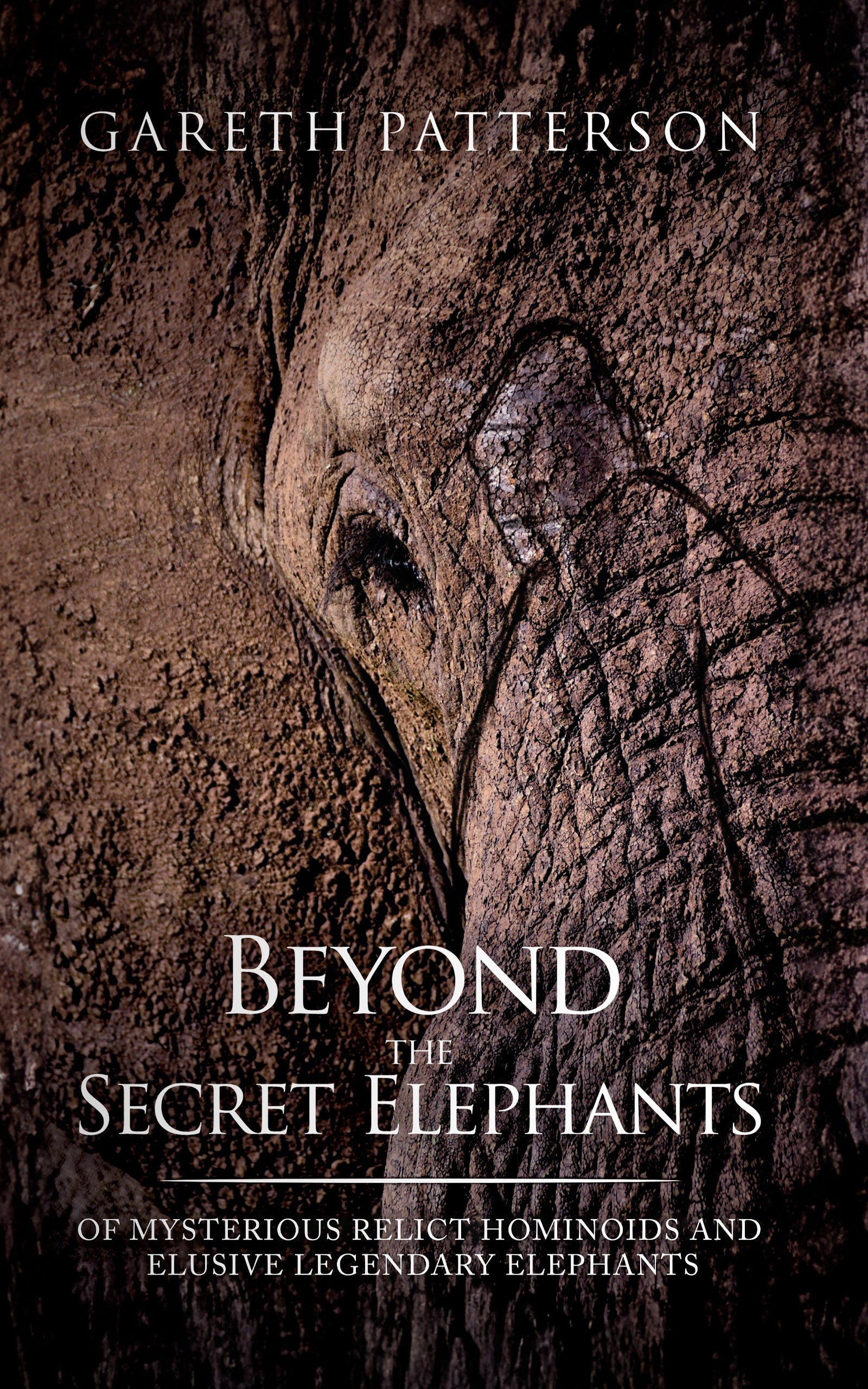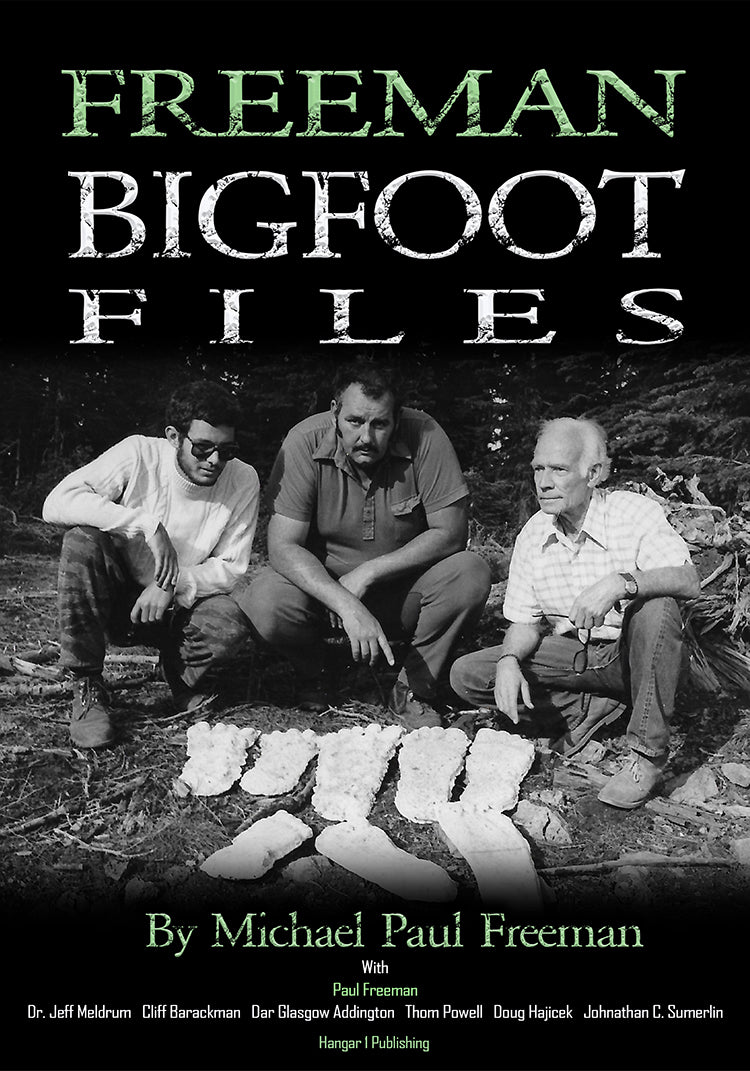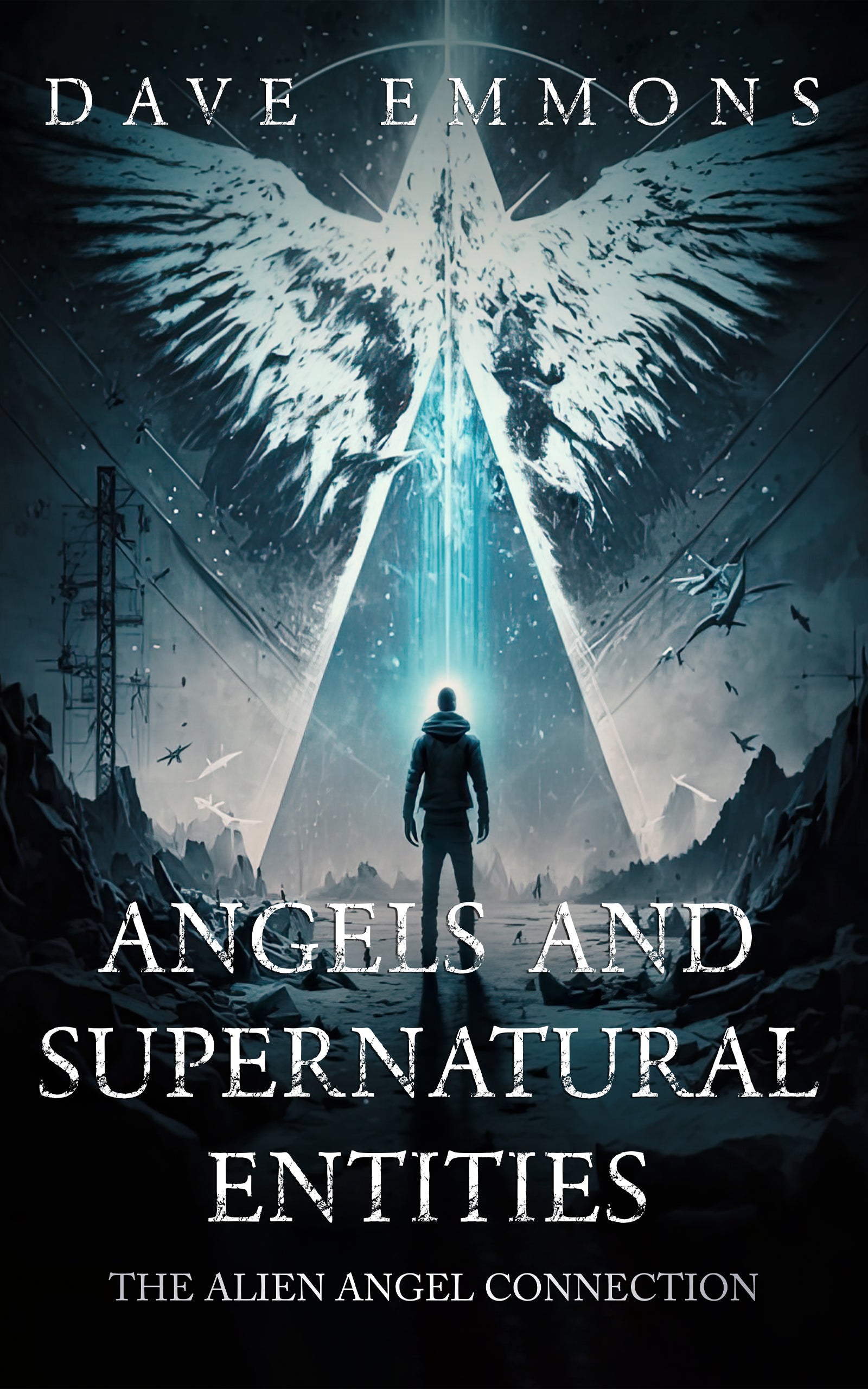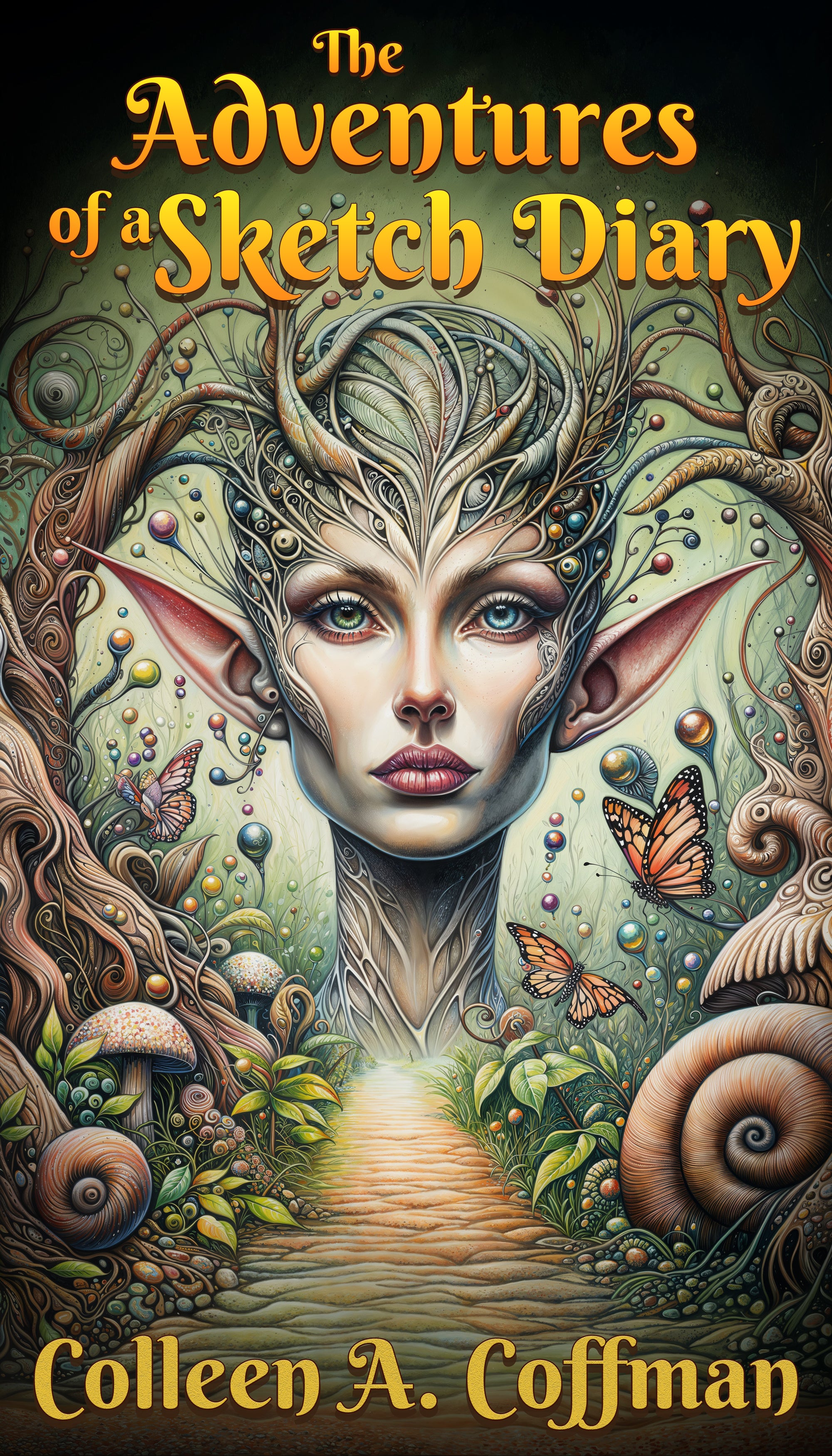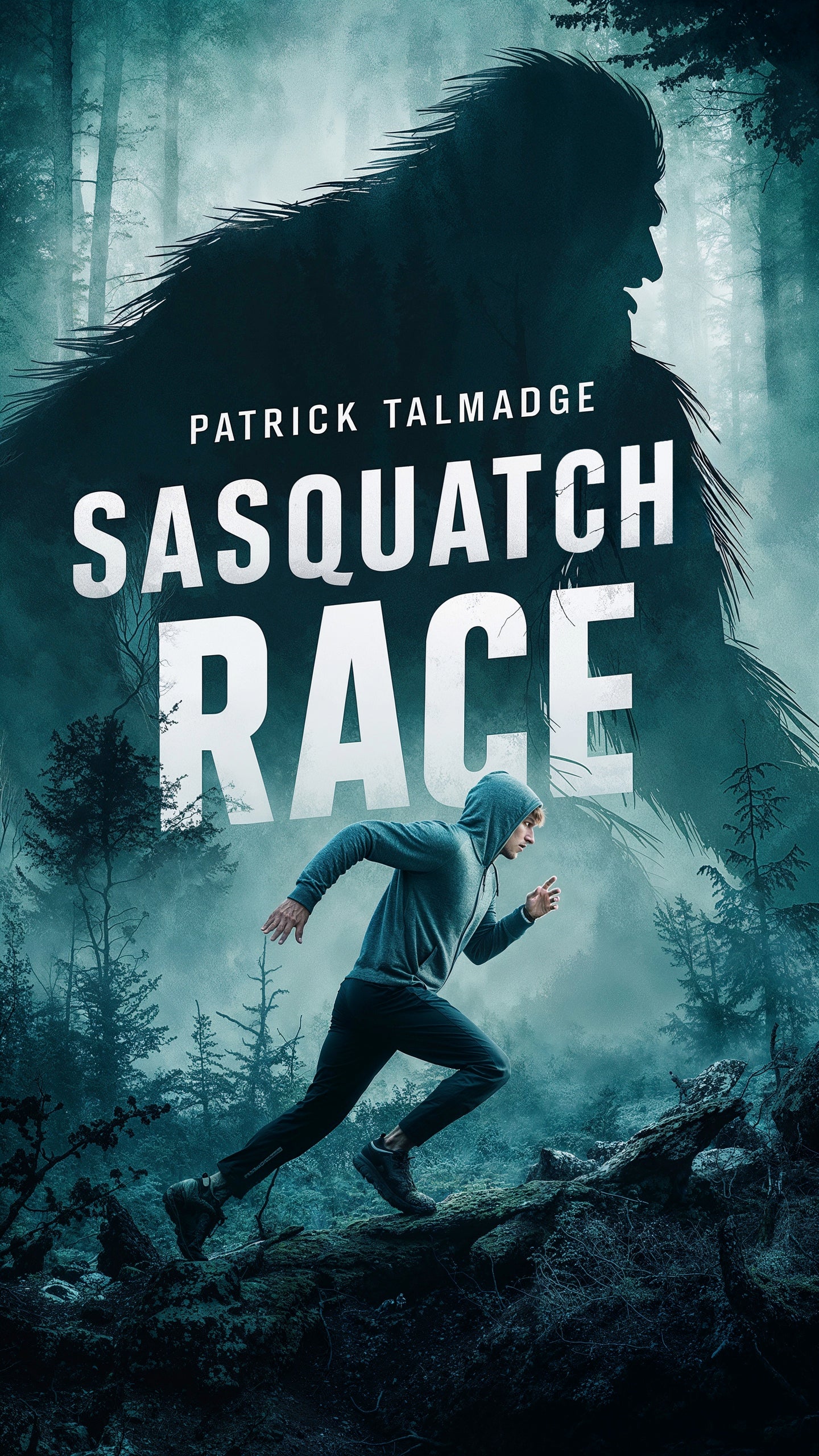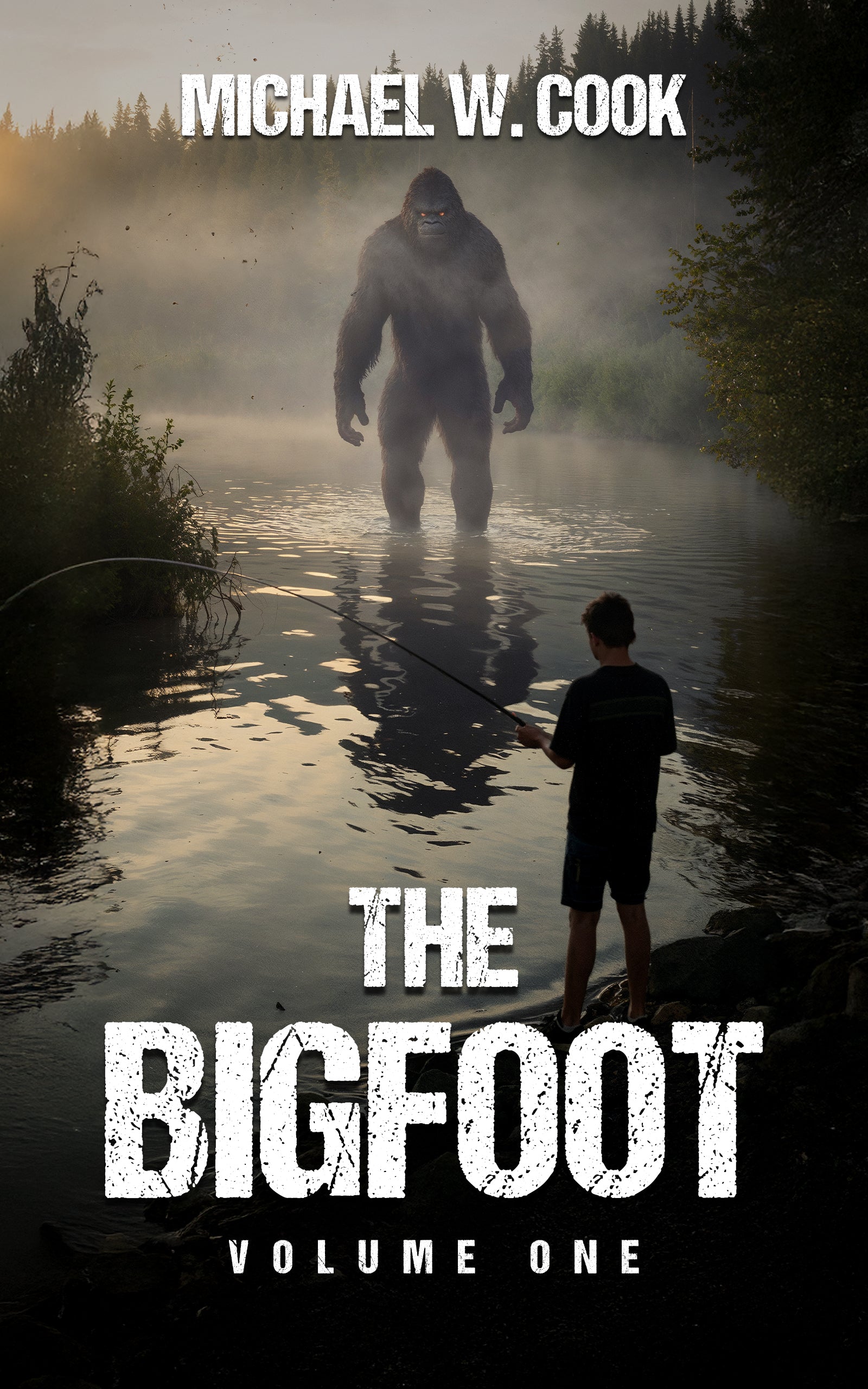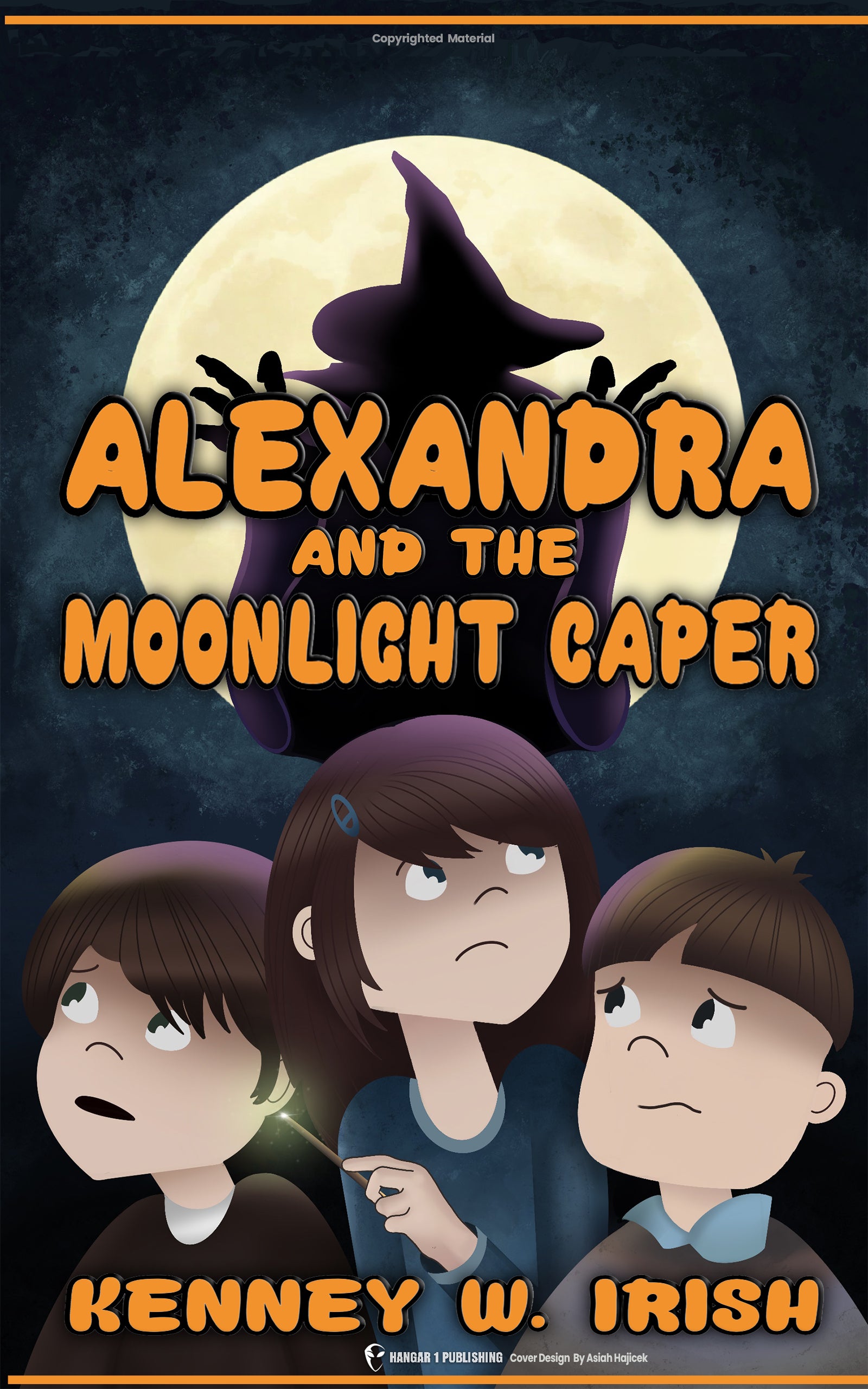Unveiling the Undying: The Quest for Real Immortals in Myths and Modern Science

The Immortal Legacy of Henrietta Lacks
Of all the incredible stories of human cells living forever, none is more important than that of Henrietta Lacks. I first learned about her in 2010 when Rebecca Skloot's book The Immortal Life of Henrietta Lacks was published. I was instantly hooked by the tale of a poor, African American tobacco farmer whose cancerous cells revolutionized medical research in the 1950s.
See, Lacks had an extremely aggressive form of cervical cancer. While getting treatment at Johns Hopkins Hospital, doctors took samples of her tumor without her knowledge or consent and used them for research. In the lab, her cells did something incredible—they continued to grow and divide outside the body, something no other human cells had done before.
Dubbed "HeLa" cells, Lacks' immortal cell line allowed scientists to experiment freely without any restrictions. This led to major advancements like developing the polio vaccine and studying the effects of radiation and toxins. As Rebecca Skloot put it, "Scientists have grown some 50 million metric tons of her cells, and there are almost certainly more of Henrietta’s cells alive today than there are cells in her actual body."
Now, the ethics of how doctors acquired Lacks' cells are questionable by today's standards. But there's no denying the immense value HeLa cells have provided to medicine. As I hiked past moss-covered maples, I couldn't help but marvel at how one woman's tragic illness led to such an astounding scientific breakthrough. Her cells may not make her truly immortal, but Henrietta Lacks' impact on humanity is undeniable.
The Count of St. Germain: The Alchemist of Eternal Life
As the trail took me beside a gurgling stream, my mind turned to legends of alchemists questing for the secret of immortality. And when it comes to alchemy and eternal life, no figure is more intriguing than the mysterious Count of St. Germain.
This 18th century adventurer dazzled European high society with his skills in music, art, and science. But it was his study of alchemy and the occult that made him legendary. You see, St. Germain claimed to have concocted an "elixir of life" that granted him immortality. Though eccentric, he was no mere court jester. The man displayed extensive knowledge of history, medicine, chemistry, and languages. His wealth seemed limitless, yet no one knew the source.
As I crossed a fallen cedar, I imagined the Count mixing strange concoctions in shadowy labs, seeking that legendary "Philosopher's stone" that turned lead to gold and held the key to eternal life. Some accounts even suggest St. Germain was hundreds of years old, feeding the mythos surrounding this enigmatic figure.
While it's unlikely the Count truly unlocked the secrets of immortality, his mystical persona has endured as a symbol of the human obsession with conquering death. As I hiked deeper into the ancient forest, I fancied that his ghost might appear around any mossy bend, still questing for that elusive elixir.
Tithonus and the Greek Myth of Ageless Suffering
Pausing by a quiet pond, my thoughts turned from science and alchemy to the symbolic myths of ancient Greece. The tale of Tithonus embodies important lessons about the nature of immortality.
In Greek myth, Tithonus was a mortal granted eternal life by the goddess Eos. But she forgot to also request eternal youth for her lover. As a result, Tithonus aged endlessly, eventually transforming into a cicada, eternally living but weak and feeble.
Tithonus' myth highlights how endless life without youth is more a curse than a blessing. As I gazed at the pond's tranquil surface, I imagined Tithonus helplessly watching his body wither, desperately clinging to existence. It's a cautionary metaphor warning us that merely extending life is not enough for true immortality.
The story also underscores the subjective nature of time. To Tithonus, eternity may have felt like one endless, monotonous day as his mind and body deteriorated. Perhaps immortality only has meaning if the mind itself remains sharp and vibrant. As I continued my hike up the forested hillside, Tithonus' myth reminded me that the human experience of time is complex and, ultimately, finite.
The Wandering Jew: An Eternal Wanderer in Christian Folklore
Cresting a ridge overlooking the sprawling forest, my thoughts drifted to one of Christianity's most enduring mythical figures—the Wandering Jew. In medieval folklore, he was a Jewish shoemaker who taunted Jesus on his way to crucifixion. Jesus cursed him to walk the Earth undying until the Second Coming.
Doomed to eternal life, the Wandering Jew has supposedly appeared throughout history, from 1st century Jerusalem to 19th century America. In some tales, he aids plague victims, perhaps seeking redemption. But his attempts to help others often go awry, a metaphor for the suffering immortality brings.
While resting against an ancient cedar, I tried imagining such a bleak existence—every friend and loved one aging and dying while you continue on alone. No rest, no respite, just an endless march through the centuries. What would such a fate do to one's mind and soul? As I hiked back down the ridge, the Wandering Jew's mythic plight seemed more haunting than any ghost story.
Modern Science and the Pursuit of Immortality
Emerging from the forest as the sun set, my thoughts returned to reality—the serious scientific quest to extend human lifespan. And in recent years, Silicon Valley has been at the forefront of longevity research.
Billionaires like Peter Thiel, Sergey Brin, and Larry Ellison are investing heavily in life extension science, funding companies like Calico. Much of this research focuses on understanding aging at the cellular level and finding ways to reverse that process. Advances in genetics, epigenetics, and nanotechnology have also raised hopes we may one day control aging itself.
Will we achieve true biological immortality anytime soon? That remains uncertain. But it's clear that extending healthy lifespan, even by a few decades, would revolutionize society. As I gazed at the sunset's fading glow, I wondered if these tech titans might usher in a new era of radically prolonged youth. Perhaps one day death will be as avoidable as smallpox or polio. For now, the quest continues, driven by Silicon Valley's wealth and the human desire to turn legends of immortality into scientific reality.
The Immortal Jellyfish: Nature's Answer to Death
The next morning, as I prepared my fishing gear, my mind turned to nature's most astonishing real-life example of immortality—the Turritopsis dohrnii jellyfish. Unlike humans, this tiny creature can actually reverse its aging and live forever.
Here's how it works: the jellyfish starts life as a larva before becoming a mature medusa, the bell-shaped adult form we all recognize. At this point, most jellyfish die after reproducing. But T. dohrnii has a wild trick up its (non-existent) sleeve.
When injured or under stress, the immortal jellyfish transforms back into a larval polyp. Its cells then re-differentiate into those of a younger jellyfish, restarting its life cycle. This process can go on indefinitely, making it essentially biologically immortal.
Scientists are studying T. dohrnii intently, hoping to unravel the mysteries of its regeneration abilities. The jellyfish can't teach us how to live forever, but it may provide clues to slowing human aging or treating age-related diseases. As I cast my line into the shimmering lake, I marveled at this tiny creature's ability to cheat death again and again. If only we humans could pull off that trick!
Philosophical and Ethical Implications of Immortality
That evening, as I grilled up my catch for dinner, I contemplated the philosophical angle of immortality. Eternal life for humans raises complex ethical questions. How would society function if people could live indefinitely? What would be the environmental impact of billions of immortal beings consuming limited resources?
There are psychological concerns too. Some philosophers argue that mortality gives meaning and urgency to life. Would immortals lose motivation, falling into existential despair? Personally, I think such depression stems more from idleness than immortality. After all, with limitless time, immortals could pursue knowledge and self-actualization endlessly.
But perhaps the most pressing philosophical issue is existential inequality. If only the wealthy can afford life extension treatments, it would exacerbate social divisions. I believe compassion is the key—we must share the gift of longevity, if it comes, for the upliftment of all humanity. As I dug into my freshly cooked trout by the campfire, I felt optimistic that science could one day defeat death for everyone.
The Allure of Eternal Life
As the embers faded into darkness, I reflected on humanity's eternal longing for immortality. Something deep in our psyche rebels against the inevitability of death. We fill our myths with undying heroes and gods, spin tales of mystical elixirs. Science now takes up the mantle, spurred on by Silicon Valley's investment.
But true immortality remains elusive. As I retreated to my tent, I realized the key is focusing not just on lifespan, but healthspan—extending our vital, vigorous years. Modern medicine has already given us longer lives than our ancestors could imagine. And who knows? Future breakthroughs in genetics, nanotech, and AI may one day allow us to live in perpetuity, as long as we maintain curiosity and care for our fellow beings. The path is uncertain, but the quest continues.
I drifted off, dreaming of a world where death is no longer mandatory, where the human potential for knowledge is boundless. A world where Henrietta Lacks' cells replicate forever, the Count of St. Germain's alchemy succeeds, and the Wandering Jew finally finds rest. Not through magic or myth, but the wonders of science.







